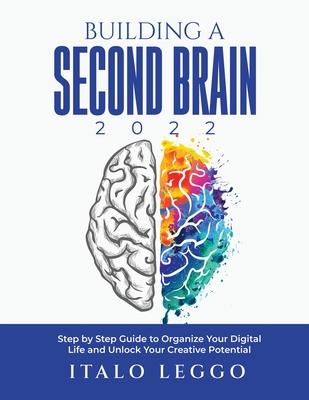As the amount of information we have access to grows, such experiences arebec oming more and more common. We're flooded with more advice than ever promising to make us smarter, healthier, and happier. We consume more books, podcasts, articles, and videos than we could possibly absorb. What do we really have to show for all the knowledge we've gained? How many of the great ideas we've had or encountered have faded from our minds before we even had a chance to put them into practice?
We spend countless hours reading, listening to, and watching other people's opinions about what we hould do, how we should think, and how we should live, but make comparatively little effort applying that nowledge and making it our own. So much of the time we are "information hoarders," stockpiling endless amounts of well-intentioned content that only ends up increasing our anxiety.
This book is dedicated to changing that. You see, all the content you consume online and through all the different kinds of media you have at your disposal isn't useless. It's incredibly important and valuable. The only problem is that you're often consuming it at the wrong time.
What are the chances that the business book you're reading is exactly what you need right at this moment? What are the odds that every single insight from a podcast interview is immediately actionable? How many of the emails sitting in your inbox actually require your full attention right now? More likely, some of it will be relevant now, but most of it will become relevant only at some point in the future.
To be able to make use of information we value, we need a way to package it up and send it through time to our future self. We need a way to cultivate a body of knowledge that is uniquely our own, so when the opportunity arises-whether changing jobs, giving a big presentation, launching a new product, or starting a business or a family-we will have access to the wisdom we need to make good decisions and take the most effective action. It all begins with the simple act of writing things down.
I'll show you how this simple habit is the first step in a system I've developed called Building a Second Brain, which draws on recent advancements in the field of PKM-or personal knowledge management.I In the same way that personal computers revolutionized our relationship with technology, personal finance changed how we manage our money, and personal productivity reshaped how we work, personal knowledge management helps us harness the full potential of what we know.
While innovations in technology and a new generation of powerful apps have created new opportunities for our times, the lessons you will find within these pages are built on timeless and unchanging principles.
